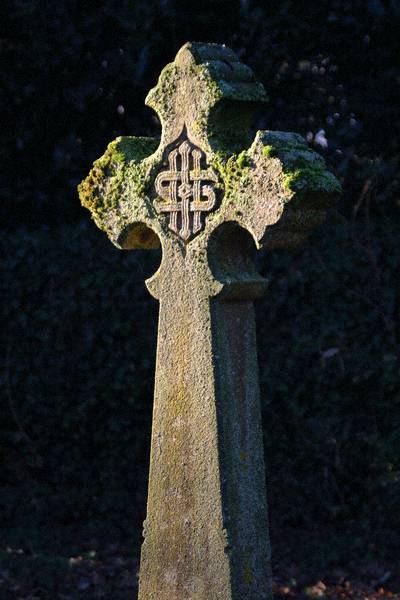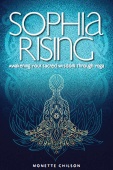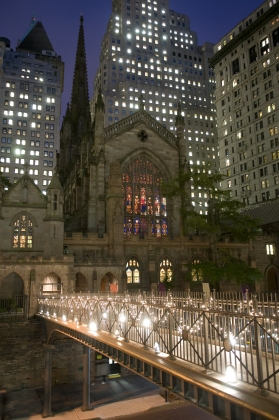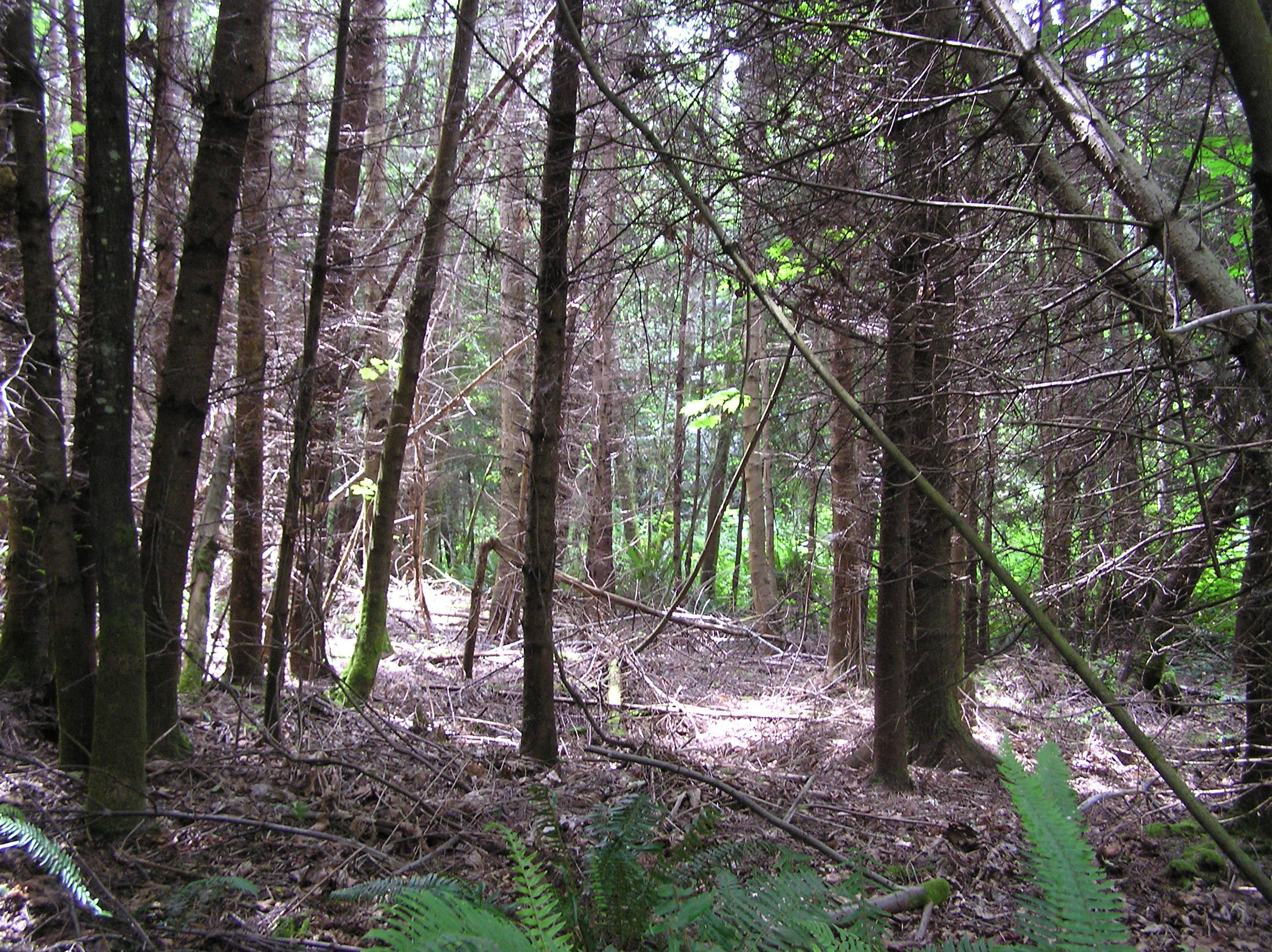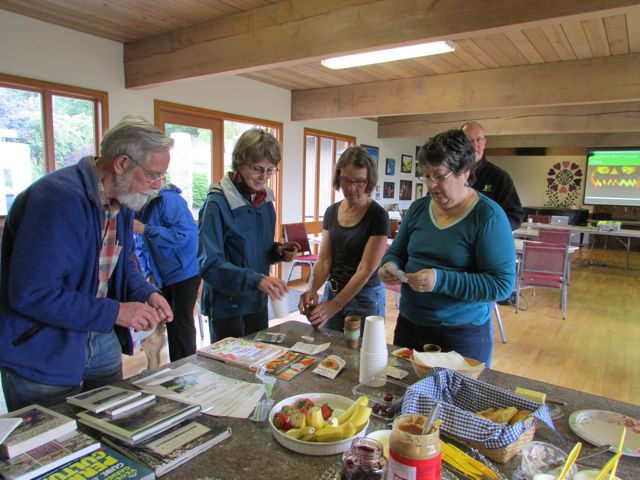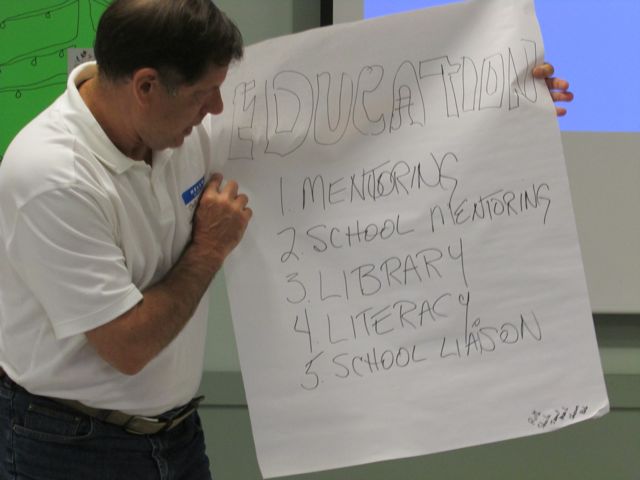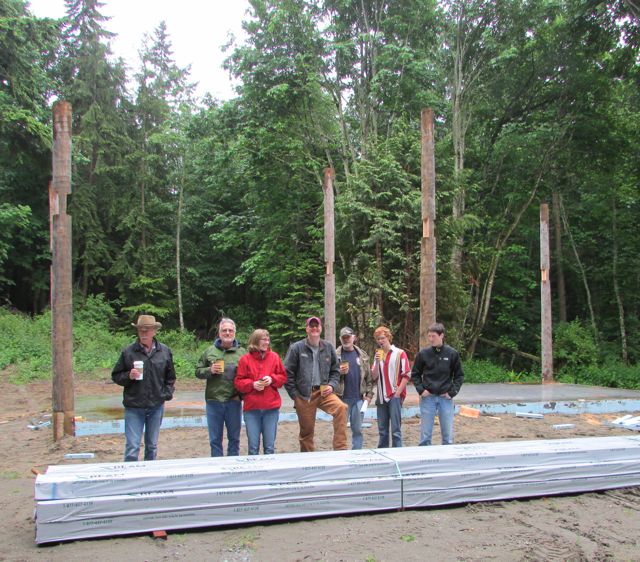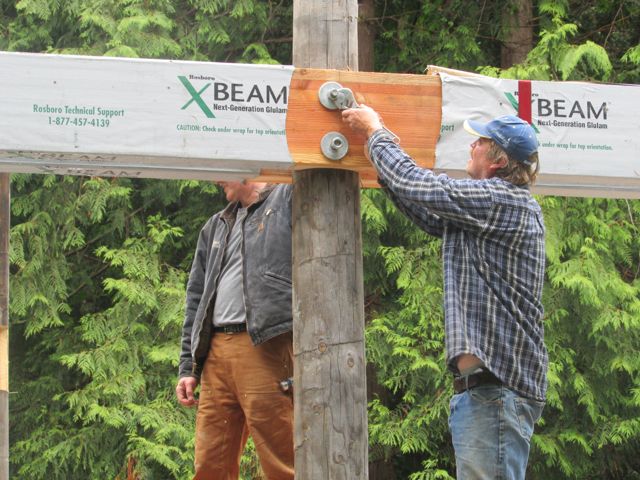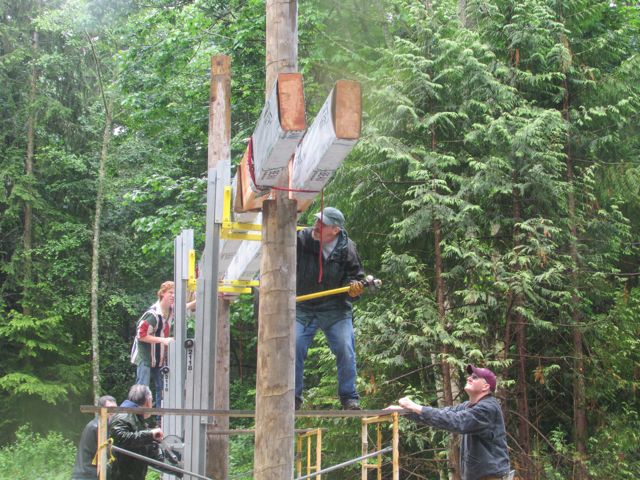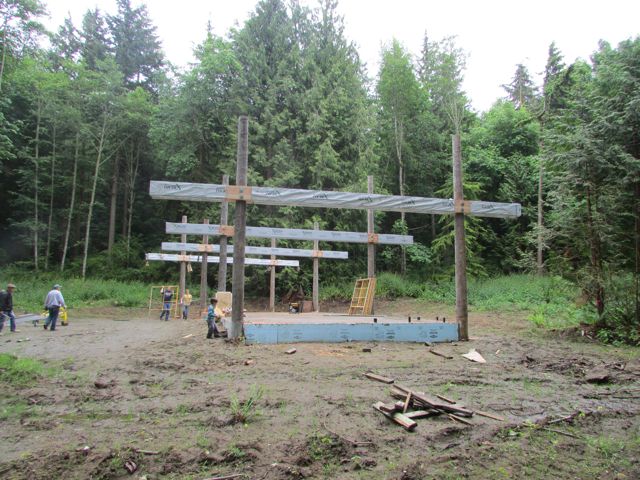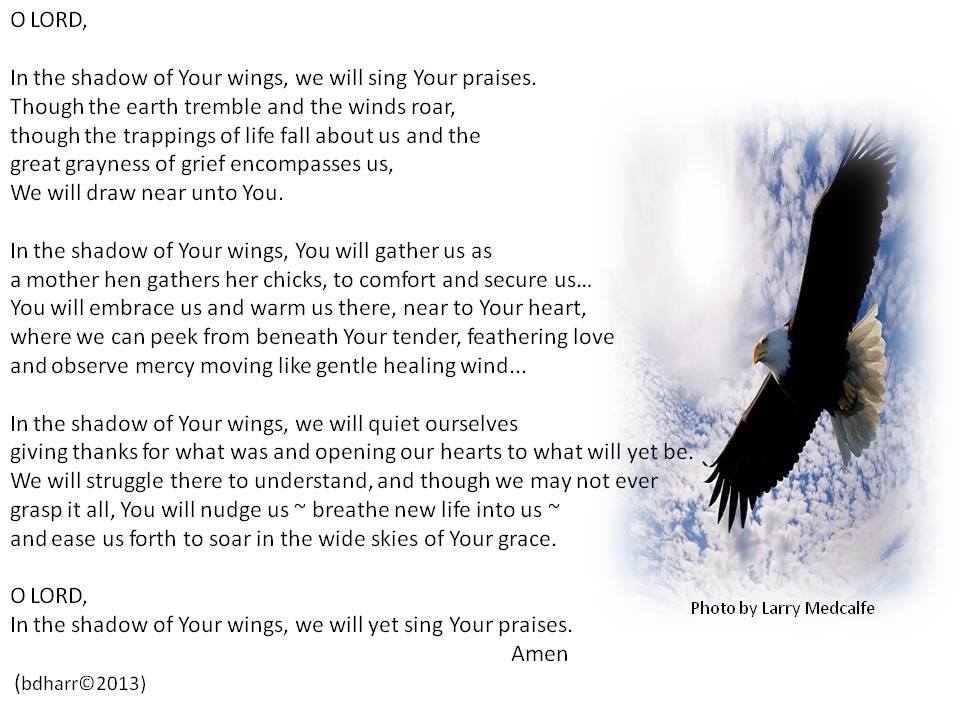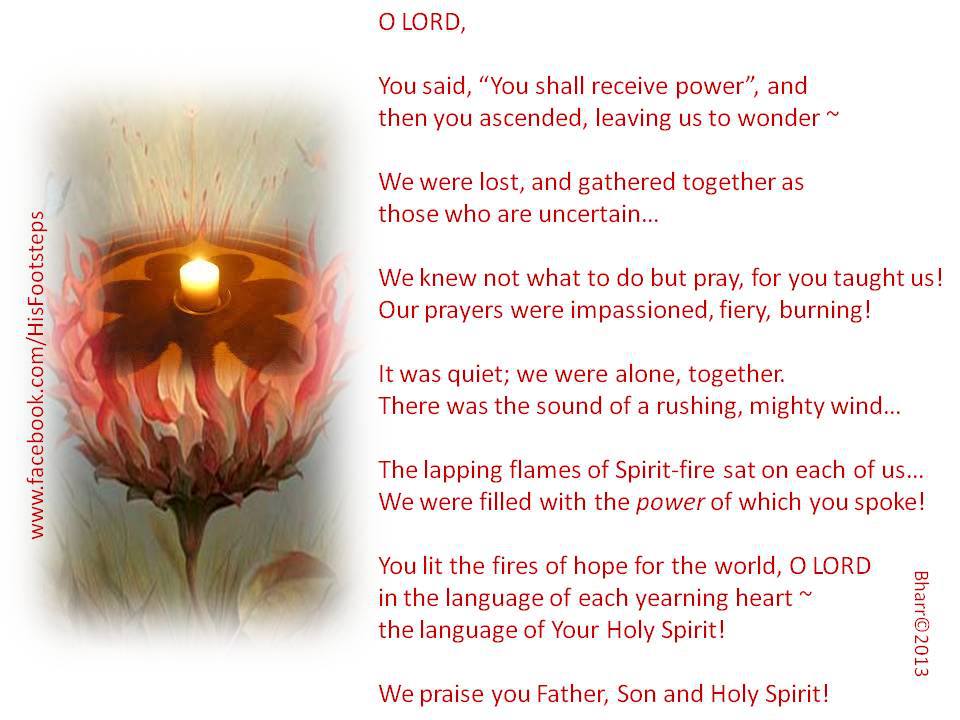This week’s Facebook prayers have all revolved, at least for me around the stress of getting ready for an international trip while going through huge transitions in Mustard Seed Associates (More of that next week)
Lord Jesus Christ
To you I lift my hands,
To you I sing my song,
To you I give my heart.
May your life be evident in me.
May your love shine where darkness once reigned,
May your promises bring hope and joy and peace.
Christine Sine https://godspacelight.com/
Who is there like you,
God of mercy and grace
who loves us as you do?
Who knows and understands
our actions as you do?
Who hears the thoughts and words
of our heart as you do?
Who knows our joys and sorrows
and shares them as you do?
Who feels the pain we endure
and comforts us as you do?
Who hears as we confess our sins
and forgives as you do?
Who takes a broken heart
and makes it whole as you do?
Who finds a life that’s lost
and welcomes it home as you do?
Who is there like you,
God of mercy and grace
who loves us as you do?
(http://www.facebook.com/faithandworship?ref=hl)
May our hearts be a Christ like fragrance
rising up to God.
May we spread the knowledge of Christ everywhere
like a sweet perfume.
Let it lavish the hungry with abundance,
And touch the grieving with compassion.
Let it bless the oppressed with justice,
And release the bondage of the prisoners.
Let it anoint the sick with healing,
And bring joy to those who doubt.
So that the fragrance of Christ wafts throughout the world,
Bringing refreshment, renewal and new life.
Christine Sine https://godspacelight.com/
O Christ, the Master Carpenter
who, at the last, through wood and nails
purchased our whole salvation:
Wield well your tools
in the workshop of your world,
so that we,
who come rough-hewn to your bench,
may here be fashioned
to a truer beauty of your hand.
Amen.
Arthur Gray Butler ( 1831-1909)
Forgive us, Lord
our need to be in control,
the pattern for each day
written by human hands,
each moment mapped out,
presented to you
for approval.
Grant us, Lord
the confidence to let go,
hand our days over to you,
follow where you might lead,
each moment lived out
in humble service
and gratitude.
(Faithandworship.com)
God in you all life is born,
In your promises all hope is found,
In your love all creation finds its purpose.
We sit in awe,
We drink in your mercy,
We are filled with your faithfulness.
Christine Sine https://godspacelight.com/
Love comes to us
fragile
as a tiny seed
which can
germinate and grow
into the tallest of trees,
or wither
and die
if left carelessly around.
Love comes to us
fragile
as a tiny child
who is
salvation and grace
for sinners wanting release,
or judgement
for hearts
that offer just stony ground.
(http://www.facebook.com/faithandworship?ref=hl)
The Lord is my light and my salvation,
Why should I be afraid?
The Lord is my strength and shield,
I trust him with all my heart.
The Lord leads me with faithfulness and love,
He helps me through storms and dangers,
And my heart is filled with joy.
Christine Sine https://godspacelight.com/
(inspired by reading of Psalm 26-28)
Is yoga an acceptable Christian spiritual practice? That is one of the questions that will arise for many of us as we read Monette Chilson’s new book Sophia Rising: Awakening Your Sacred Wisdom Through Yoga.
I love the way that Monette weaves her own faith journey through her exploration of yoga. Her choice of Sophia as the name of God she uses throughout the book will immediately send many outside their comfort zone. However she explains:
Most of us will pay lip service to the fact that God transcends gender, but our experience – because of the stigma associated with the feminine divine in Western religions – does not include prayers, images or words that let us express this truth. Whether the aversion to referring to God in feminine terms stems from patriarchal roots, a desire by early Christians to separate themselves from Goddess worhsip or to differentiate themselves from gnostic communities, the result has been a severing of the sacred feminine that has silenced voices that would pray to God our mother. Sophia embodies those missing pieces, giving us the prayers, images and words we need to complete our limited human perspective on who God is- and who God wants to be in our lives (13)
In the second chapter of Sophia Rising, dubbed The Heart of Yoga, Monette describe one of her favorite applications of pratyahara, the Benedictine practice of mindful eating. For those of us who love to garden, cook and eat it is a wonderful invitation.
“If you want to experience taste in a sacred context, try slowly and silently eating a bowl of soup on a cold night. Not only will you savor the taste of the soup as it moves over your tongue, but the warmth of it will move through your body, extending the experience beyond that of a meal where we eat and move on to another bite, another thought, another activity before the food is even down our throats.
While soup is soothing and a great way to ease into mindful eating, you can expand your experience into a seasonal rhythm. Soup is perfect for a winter practice. A salad full of the first greens of spring can usher in the warming winds of the season, awakening our taste buds to the delicate treats ahead. Juicy strawberries and peaches, dripping from our chins, call us to the informality of summer, while crunching into a crisp apple is the perfect way to transition our taste buds to back to the routine that fall brings with it. Who would have thought that yoga could be so delicious?!”
As Monette explains, it is an interesting paradox that in narrowing our focus, we expand our awareness. By restricting our intake of stimuli, we actually increase our consciousness of God’s presence in any given moment through acts as simple and mundane as eating.
Sophia Rising disturbed, enriched and challenged me. It’s provocative and well researched content stretched my views of spiritual practices and Christian faith in a healthy and inspiring way. I do not currently practice yoga but this book definitely tempted me to begin. And for the many of my Christian friends who do practice yoga and yet have never been sure how to integrate the practice with their faith, this is a must read book.
Today’s post in the series Creating Sacred Space Do We Need Churches? is contributed by The. Rev. Daniel Simons, Priest and Director of Liturgy, Hospitality, and Pilgrimage for Trinity Wall Street. He can be contacted at dsimons@trinitywallstreet.org.
We worship in the architectural decisions of those who came before.
One of the great heritages that a church passes on is its buildings. Yet how we inherit the worship space of a particular time, make it our own, and hand it on to others is a delicate question. If we are mere preservationists then worship can be frozen, becoming itself an object of worship, which is idolatry and the death of lively spirituality. On the other hand, if we forget that we are just a tick of the clock’s hand in time and rebuild to suit the fad of the moment, we can mangle the coherence of a particular age’s architectural voice or leave behind a dated legacy that can’t speak beyond its generation (many churches are still cleaning up liturgical spaces designed in the ’50s and ’60s).
Trinity Wall Street is not exempt from these considerations. Our church (meaning the people of God) is housed in two spectacular edifices: Trinity Church, the third building on the site and now dwarfed by the elegant old skyscrapers of early Manhattan, but for many years the tallest building on the island; and St. Paul’s Chapel, a city treasure that is New York’s oldest public building in continuous use.
One of the tributes to the architects who designed Trinity and St. Paul’s Chapel is that the buildings have needed so little redesign over the centuries. Every time we put St. Paul’s to another use the founders would have never considered, we discover what perfectly designed proportions we’re working with. We have had dinners, concerts, dances, and classes there, and after 9/11 it was a clinic and a kitchen and a dormitory. And then, of course, we have worshipped in so many different styles there, and it all works harmoniously because those who built it were listening deeply to the poetry of the space.
But that doesn’t mean we haven’t radically changed those spaces. Somewhere along the line at St. Paul’s, the pew boxes that had kept people warm in winter became charming but impractical, and all but two, including George Washington’s, were removed. And then, about six years ago, the pews were removed entirely. Having experienced the capacity of the chapel to be something much more than a church, Trinity’s leadership listened deeply to the need of the moment and decided that the bones of the building could withstand, and even incorporate, that radical decision. In the years since, that choice has proved itself to be a good one, and once-skeptics now comment on what a new range the chapel has.
I’m not making a case for removing pews; I’m making a case for listening deeply both to a building’s heritage and its call to mission in the moment. There are often ways of having both. This year we are beginning to consider a master plan to renew the interior of Trinity Church. Much of it is the boring but important stuff: heating/cooling/sound/light. Some of it goes into that deeper stewardship of prayer: shall we make some of the pews moveable so that we increase the flexible use of the space? How does the altar area relate to the people, and is there a one-sizefits- all solution, or do we want flexibility there too? How do we make the rear of the church more welcoming to visitors—more porous to the outside world while maintaining its coherence and integrity?
As the architects work on these questions, we are all wrestling with this tension: any change we make affects those who come after us. In the same way that our architects gave us such good bones to work with in these buildings, our work has to be thoughtful and careful enough to be appreciated by our spiritual descendants, who will have different concerns from ours that we cannot yet see.
Tradition is the process of handing on the past to the future. In that process we inevitably leave our own mark. In every age the call is faithfulness to the Gospel as we hear it, the call to follow Jesus in our own time.
Sidebar: Our mark in some ages calls for great reform, in some ages holding steady, and sometimes we are even called to leave the building entirely. Look at your building—what does it say about the community that built it? How has it shaped you and how have you shaped it? How does it help or hinder you in living out the Gospel now? What do you think God is calling your community to do or be in this next chapter of mission, and how will that be reflected and enhanced by what you do with your building?
——————————————-
Check out the other posts in this series:
Creating Sacred Space Do We Really Need Churches
Every Garden Needs A Sacred Space
Reclaiming a Sacred Space – Cheasty Greenspace: A Place of Goodness and Grace by Mary De Jong
Creating a Sacred Space – Stir the Senses
A Garden of Inspiration – A Story of Leo Tolstoy
Symbols and Elements that Weave Together a Sacred Space
Why Being Spiritual may be More Important Than Being Religious by Rob Rynders
Celtic Spirituality – What Is The Attraction?
In the Barren Places: Finding Sacred Space for the First Time – James Rempt
A Tree My Most Sacred Space by Ryan Harrison
Sacred Buildings by Lynne Baab
Sacred Space – Listening to the Trees by Richard Dahlstrom
Today’s post in the series Creating Sacred Space Do We Need Churches? comes from Richard Dahlstrom. Richard is the author of “The Colors of Hope: Becoming People of Mercy, Justice, and Intimacy”. You can look for him in the forest, where he’ll be listening for God’s voice amidst the trees. If you can’t find him there, you can find him at www.richarddahlstrom.com
Jesus warned us that the Bible could get us into trouble. He told the religious experts of his day that the searched the scripture, thinking that in them they’d find eternal life. And yet, he goes on to say, they were unwilling to come to him that they might actually find life. It’s as if the profound and life altering possibilities of intimacy with our creator had been reduced to a formula. Take 15 minutes of morning; add a chapter of Bible reading; toss in a dash of prayer and presto! Spiritual Maturity to go!
These formulaic criteria for spiritual maturity are always, always, getting us into trouble. In a hyper-educated society like ours, there are lots of people who confuse the amassing of knowledge with spiritual maturity. For them, Christ is found careful lexical studies of Greek words, long sermons, note taking, and Bible memorization. The complaint of Jesus, articulated in the previous paragraph, exposes the reality that I can do all of this stuff and still not know Christ. Instead, my so called knowledge runs the risk of filling me with pride and arrogance.
The problem isn’t the Bible. The problem is our invalidation of other powerful forms of revelation, in particular creation. One can’t read Psalm 19, or Psalm 104, or Romans 1, or Genesis 2 and 3 without recognizing that the entire cosmos is one endless sermon. The heavens are preaching, from the rising of the sun, to the flinging of the stars through the nighttime sky, to the rising again. That endless hydration cycle and the seasons preach of God’s provision; the bright green of new life each spring of Jehovah’s character as the source of all life; the mountains as places where the glory of heaven touches earth and we’re transformed.
For too long evangelicals have bought into the false dualism that exalts mind over body; heaven over the earth; and text of the book over the text of creation. God’s in all of it! We who breathe the air of false dualism daily, throughout our sterile concrete cultures, absolutely must find ways to listen to God once again in a context where the text of the book and the text of creation can intermingle.
That’s why, 17 years ago, my wife and I did away with our chemically supported lawn, and planted a forest in backyard – cedar, fir, hemlock, and redwood. It’s grown into a sacred grove, a canopy of green that shelters life for birds and squirrels and provides a rich soil for other flora on the forest floor. That’s where I sit most mornings, with a cup of coffee, and a Bible, to meet with Jesus. The intermingling of Bible and creation has become, for me, the context in which God speaks to me most clearly, most profoundly. I’m reminded of God’s faithfulness to, and love of, all creation every morning. Various elements speak to me, such as new saplings, or fresh green sprigs, rain or wind or sun sneaking through the trees. God’s alive in it all, shouting. The book text interprets creation – the creation text interprets book. Indeed, my backyard is a sanctuary, opening my eyes and ears to God’s revelation and preparing me for each new day.
May all of us find or create sacred spaces where the creation text and the book text can kiss. It’s there we’ll find hope. It’s there we’ll find transformation. It’s there we’ll find Christ.
————————————————————
Check out the other posts in this series:
Creating Sacred Space Do We Really Need Churches
Every Garden Needs A Sacred Space
Reclaiming a Sacred Space – Cheasty Greenspace: A Place of Goodness and Grace by Mary De Jong
Creating a Sacred Space – Stir the Senses
A Garden of Inspiration – A Story of Leo Tolstoy
Symbols and Elements that Weave Together a Sacred Space
Why Being Spiritual may be More Important Than Being Religious by Rob Rynders
Celtic Spirituality – What Is The Attraction?
In the Barren Places: Finding Sacred Space for the First Time – James Rempt
A Tree My Most Sacred Space by Ryan Harrison
Sacred Buildings by Lynne Baab
This last weekend was one of the busiest I can remember for a long time. On Saturday we were in Port Townsend where I conducted a garden seminar in the morning followed by an evening with my husband Tom on Port Townsend 2018. Tom has done this type of creativity workshop for many years and I am always impressed with the results. Participants came up with some wonderfully creative ideas on how their community can respond to the changing times and changing ways of where they live.
And as I walked around the beautiful garden our hosts Coe and Janet Hutchison have carved out of the overgrown mess they inherited I could not help but think of my current blog theme “Creating Sacred Space” . This is indeed a sacred space that they have created – a place of joy, serenity and closeness to God for them and for those who visit. And special for us to get together with friends we have not seen for a while. Check out more photos on facebook
That evening we dashed back to Seattle so that we could drive up to Camano Island early to help with the raising of the beams for the roof of the our first Mustard Seed Village building. This too is a sacred space for me what the Celts would have called a thin space where heaven and earth seem to meet. I love to wander the land soaking its beauty and rejoicing in its serenity. I also loved being there for this next step in the development of the Mustard Seed Village.
It is slow but awe inspiring progress and each step overwhelms me with the generosity and faithfulness of God. A dream that was lodged in Tom’s heart over 20 years ago is slowly coming to fruition. The dream has grown, changed and been shaped by the hands of God over the years and we are excited about its future. And the community that is forming around this dream as new volunteers come to help, is both encouraging and astounding. It seems that God brings exactly the people we need at the right time – experts who can get the job done properly. We appreciate your prayers as we work to complete this first structure. And hope you can join us for the 22nd Annual Celtic Retreat when we will dedicate the building. Lots more photos on Facebook
The prayers over the last couple of weeks on the Light for the Journey Facebook page have, not surprisingly revolved around concerns for the victims of the tornadoes in Oklahoma and the theme of Pentecost. Once again there are too many to post all of them but here is a sampling.
Our eyes are on you O Lord,
Our steps follow your path,
Our hearts are attuned to your beat.
Let us not waiver in our walk,
Or turn from your commands.
Let us see your unfailing love,
And know your life giving presence.
Let us trust in Christ our rock and our redeemer,
And put our hope in God the living and eternal One.
Christine Sine https://godspacelight.com/
Our hope is in the living God,
Our trust is in Christ the Saviour of all people.
His commands please us,
They give us wise advice,
that keeps us on the path of righteousness.
Justice and mercy flow from his lips.
May they excite us with a passion for God’s ways.
And lead us into God’s eternal purposes.
Christine Sine https://godspacelight.com/
You are our strength
when courage fails,
our protection
when waters rise,
our comfort
in storm and gales,
ever present
throughout our lives.
You are the truth
by which we walk,
the wisdom
that is our guide
the message
of which we talk,
the bridegroom
waiting for the bride!
The Cross is the hope of Christians
The cross is the resurrection of the dead
The cross is the way of the lost
The cross is the saviour of the lost
The cross is the staff of the lame
The cross is the guide of the blind
The cross is the strength of the weak
Read the entire litany at St Cuthbert’s Oratory
Lord surround us with your shield of love,
Let we find refuge under your wings.
Lord be the rock under our feet,
Let us cling to our faith in Christ.
Lord sweep your peace through our hearts and minds,
Let us abide in your eternal presence.
Christine Sine https://godspacelight.com/
From our rising in the morning
to our lying down again,
you are with us
every moment of the day,
our reassurance
when storms assail,
our strength
when courage fails.
From our rising in the morning
to our lying down again,
your light illumines
every step along the way,
our comfort
when darkness falls,
the peace
that calms our soul.
From our rising in the morning
to our lying down again,
you are with us
always.
(http://www.facebook.com/faithandworship?ref=hl)
Lord Jesus Christ you are
The love of my heart,
The light of my life,
The breath that I breathe.
Lord Jesus Christ you are
The one who gives me hope,
The unseen one who never dies,
The one in whom all creation holds together.
Lord Jesus Christ you are
Saviour, redeemer, renewer,
Creation sings glory,
And we worship you.
Christine Sine http;//godspacelight.com
Today’s post is by Kimberlee Conway Ireton, mother of four and author of The Circle of Seasons: Meeting God in the Church Year. This is part of an ongoing series that Kimberlee is contributing on her year of prayer.
After church on Sunday, I talked to another mother, her children long since flown, and I learned that one of her sons, raised in the faith like his brother, has turned away from Christ. My heart ached, for I can imagine her pain. The deepest desire of my heart is that my children come to know, love, and walk in the way of Christ.
As I pondered this other mother’s words and her pain, I wept. But my tears were as much for myself as for her. I found myself praying with tears that night as I got ready for bed, “Grant me the souls of these children!”
Later, I remembered an Orthodox prayer that I’d read awhile back. “Akathist to the Mother of God, Nurturer of Children,” it’s called. It’s a beautiful prayer, a plea for the souls of our children, an entreaty that they know and follow Christ. It voices my yearning that my children will live a life of faith in Christ lived by the saving power of Christ.
I copied the akathist, so I could have it for my own. Then, being Protestant and all, I changed some of the words. I don’t mind asking Mary to intercede with her Son on behalf of my children, but I do mind asking her to make them devoted to her alone. It’s not devotion to Mary that I desire for my kids but devotion to God. So I fiddled with the words of the akathist, turning it into a prayer to the Triune God, updating the antiquated language of Thee and Thou, and rewording the opening prayers in each section to reflect a more contemporary idiom.
But I left the heart and soul of the akathist mostly alone. It’s theologically rich and linguistically beautiful. Over my next few posts here on Godspace, I’ll be sharing it with you (it’s long!), in the hope that you will find it as rich and meaningful as I do and, especially, that you will use it to help you pray more frequently and more fervently for the children in your life. Here then are the first few songs of the akathist.
A Prayer for My Children
Holy and victorious God, Perfect Leader and Good Nurturer of the Christian race, we your servants, delivered from evil by the saving power of Your Son, sing out our grateful thanks to You.
You have invincible might: deliver my children from all dangers, I pray. With tears I cry to You: Raise my children (names), to be made worthy of the Kingdom of Heaven, and make them heirs of eternal blessings.
***
Song 1
Holy Jesus, I pray You to send an angel from heaven to my children. I cry to You:
Raise my children to be earthly angels.
Raise my children to be heavenly people.
Raise my children to be Your servants.
Raise my children to cry out to You.
Raise my children (names), O Christ, to be made worthy of the Kingdom of Heaven and make them heirs of eternal blessings.
***
Prelude 2
Loving and powerful God, You see my maternal (paternal) entreaty for my children, begging help of You alone: take my children under the shadow of your wing. I cry to You: Alleluia.
Song 2
Holy Spirit, send my children understanding, that they may know how to serve You well; fill their hearts with heavenly wisdom and grant that they may love it alone and scorn the things of the world. Do not hinder my lips from crying such things as these:
Raise my children to be as wise as serpents and as innocent as doves.
Raise my children to have knowledge of good but not of sin.
Raise my children to be wise against the snares of the devil.
Raise my children to order their lives wisely, following the examples of the saints.
Raise my children, nourishing them with the milk of the hidden wisdom of God, that they may seek it all of their lives.
Raise my children (names), O Christ, to be made worthy of the Kingdom of Heaven and make them heirs of eternal blessings.
***
Prelude 3
May Your power, O Most High, overshadow my children. May they know Your compassion towards all who run to You with faith, and may they cry to You: Alleluia.
Song 3
Having received my children from You, O Lord, I do not desire to behold them dwelling in eternal torment, but rather to see them written in the Book of Life and made inheritors of eternal life. Incline Your ear to my supplication, O God, as I cry to You:
Raise my children to flee eternal torment.
Raise my children to inherit eternal life.
Raise my children to pass the course of their life in repentance.
Raise my children to labor to acquire the grace of the Holy Spirit.
Raise my children to exert effort to attain the Kingdom of Heaven.
Raise my children to be written in the Book of Life.
Raise my children (names), O Christ, to be made worthy of the Kingdom of Heaven and make them heirs of eternal blessings.
***
Prelude 4
Having within a tempest of doubting thoughts and wanting my children to drink of eternal life, I weep. Remembering Your rich mercies, O God, I sing to Your Son with hope and with a contrite heart: Alleluia.
Song 4
I stretch out my hands and my heart towards Your loving-kindness, entreating that You will keep my children among Your servants and fulfill my petitions:
Raise my children in Your most holy inheritance.
Raise my children with all Your saints.
Raise my children to be Your servants, fulfilling all Your commands.
Raise my children to seek help from You alone.
Raise my children to inherit eternal life.
Raise my children (names), O Christ, to be made worthy of the Kingdom of Heaven and make them heirs of eternal blessings.
As an Amazon Associate, I receive a small amount for purchases made through appropriate links.
Thank you for supporting Godspace in this way.
When referencing or quoting Godspace Light, please be sure to include the Author (Christine Sine unless otherwise noted), the Title of the article or resource, the Source link where appropriate, and ©Godspacelight.com. Thank you!

